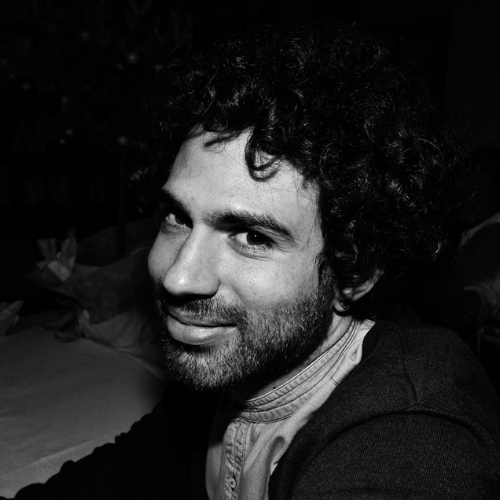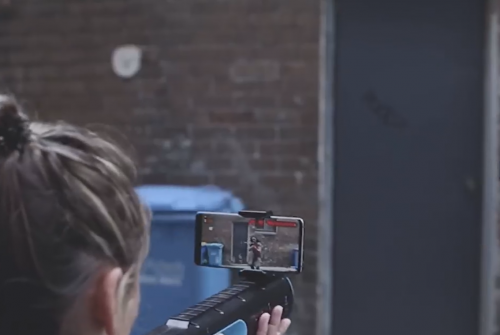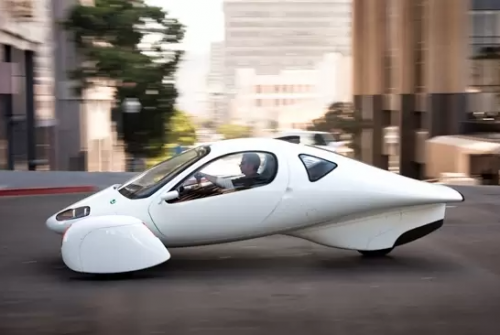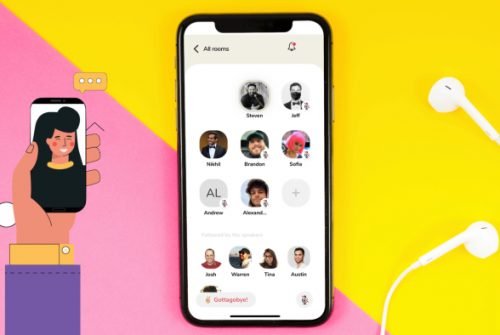News of the week selected by Impactscool – Novembre 16th
16 November 2020 | Written by Thomas Ducato

Virgin’s hyperloop carried the first passengers
New steps forward for this new form of transport, which became popular thanks to Elon Musk but is being developed by several companies. Virgin Hyperloop successfully completed the first test with passengers on board, which traveled 500 meters in 15 seconds, at a speed of 180 km / h, less than half the speed achievable by the system, limited due to the short length of the tube. Hyperloop technology involves the use of special capsules inside vacuum tubes, allowing movements at supersonic speeds.
Gene therapy made it possible to regenerate a damaged optic nerve
Axions, in the adult nervous system, do not have the ability to regenerate, so often when they are damaged there is rarely a cure. However, a research group from the University of Cambridge may have found promising direction for the development of future therapies. The researchers used a gene responsible for producing a protein called protrudin to stimulate the regeneration of nerve tissue. In vitro experimentation has yielded encouraging results, particularly in optic nerve regeneration.
It’s called Epic, produced by the PORTL Hologram Company and it’s a holographic booth capable of showing a person’s full-body image in real time. The illusion is achieved thanks to a curved 4K screen inside a cabin that gives the impression of depth. According to the company Epic it will become the new standard for distance communication, but for now it has only been used in some stands of ComicCon and other social events. Will Epic be successful?
Virtual reality to find drugs for Covid-19
Bristol researchers have developed a new virtual reality technique that is expected to aid in the development of drugs against the SARS-CoV-2 virus and allow researchers to share models and collaborate in new ways. The innovative tool, created by researchers at the University of Bristol and published in the Journal of Chemical Information and Modeling, will help scientists around the world identify anti-viral drugs faster. The system allows different researchers to collaborate remotely in the virtual world within which they can experiment with the design of new drugs, observing at the molecular level how they interact with the virus.





